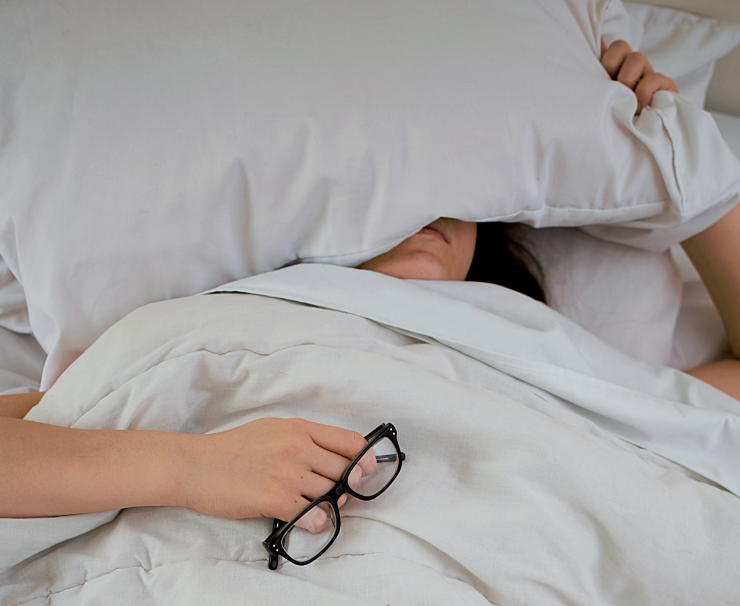Video
Use of Mind and Body Practices to Manage Insomnia
Author(s):
A brief discussion on the use of mind and body practices to aid in the management of insomnia.
Transcript:
Michael J. Thorpy, MD:You mentioned relaxation. Erinn, what about some of these techniques like relaxation, mindfulness, treatment, yoga, hypnotherapy, for example? Have you found any of these to be useful in your population?
Erinn E. Beagin, MD: Some of the relaxation techniques in bed, trying to get people’s minds off of catastrophizing. Oh, my gosh, somebody mentioned looking at the clock. “Oh, if I don’t fall asleep in the next 5 minutes then I’m only going to have 3 hours of sleeping.” Getting your mind off of thinking of other things is important. I found just even 5 15-minute apps. We try to tell people not to bring the phone into the bedroom with them, but if they can find a meditation that concentrates on deep breathing, get them thinking about something other than the fact that they’re not sleeping. I think that there is a role for that exercise throughout the day, not too close to bed. I do find that some of my patients, and it’s a combination therapy, but some people, if they exercise more during the day, yes, they might be able to fall asleep. Their body’s more ready to fall asleep. They’ve taken that hour to themselves to have all their catastrophizing thoughts during the day about their sleep so that they can lay down. Deep breathing. Just various techniques. I think the internet has become helpful with that. I don’t think it’s the end-all-be-all. It’s not CBTI [cognitive behavioral therapy for insomnia]. It’s not necessarily going to take the place of that, but I think it does at least give them something else to do and think about. And the other thing I tell people is that “The bed is for sleep and sex only.” If these don’t happen in 20 minutes, get out. Thus, I’ll tell people like, “If you need to do that meditation, get out, and do the meditation.” Like Vikas was saying, “I want you to see that bed and your body to feel sleepy.” That Pavlov’s dog-type situation instead of seeing that bed and saying, “It’s another night that I’m not going to sleep” and immediately you’re into that negative headspace. Doing some of these certain things inside the bed to help relax and tune down your body and turn it down. One of the other simple things I tell people to do, keep a pen and paper next to your bed. How many you know people say, “Oh, my gosh. I wake up and I think oh, I have to remember to do this and then I have to remember this and this.” And then, they wake themselves up because now they’re memorizing the list and now, they’re really getting themselves going. Thus, I tell people, “Don’t be afraid to quiet your mind down. Try not to be constantly thinking. Try some relaxation breathing.” I think it can be useful in some patients absolutely.
Michael J. Thorpy, MD:Good. Karl, how about hypnosis and acupuncture? Any thoughts on those? Are they useful at all?
Karl Doghramji, MD: Believe it or not, there’s some papers that suggest that they are—acupuncture and hypnosis. Of course, there are difficulties finding trained therapists who can do these things. Of course, none of us here [are] trained to do acupuncture. In addition, biofeedback and relaxation techniques that diminish the activation of the mind and to direct signals that are provided in audio format have been known to be helpful. I also want to stress the importance of maybe broadening the discussion in the case of some insomniacs. These are worriers, right. Insomniacs tend to worry in general. Not just about their sleep but they tend to worry about everything. And sometimes, their worries are a result of family concerns, interpersonal concerns, their occupation, COVID-19, so on and so forth. I found it useful sometimes to expand the scope of the discussion from the immediate sleep issues to maybe some of their lives and to talk about what are their other concerns. Interestingly, I found some patients really benefit from that in terms of their sleep.
Transcript edited for clarity.





